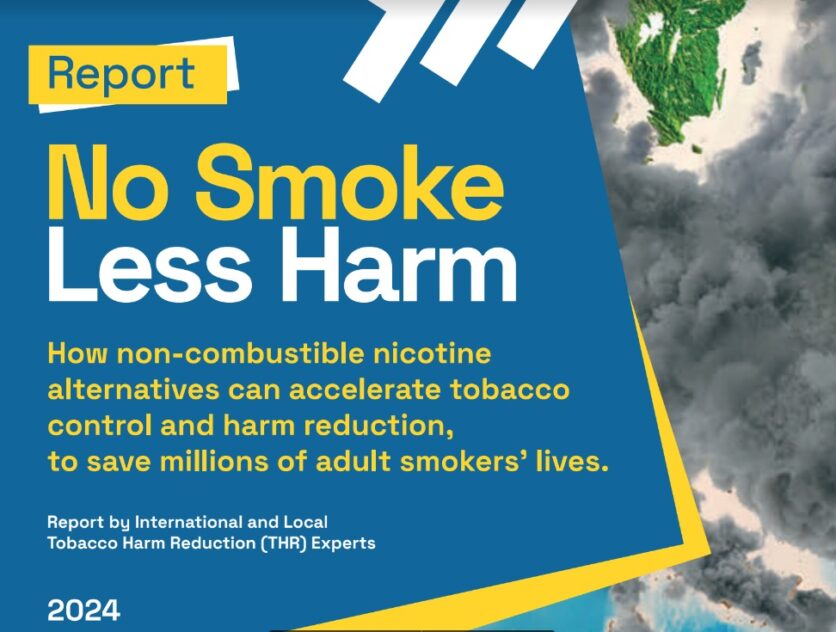LESS harmful alternatives save lives.
Such is the view of the Advanced Centre for Addiction Treatment Advocacy (ACATA) in conjunction with World Vape Day which fell on May 30 which the NGO hopes Malaysia should adopt to reduce health risks associated with smoking.
This came on the back of the recently launched No Smoke Less Harm Report 2024 which revealed that Sweden has successfully reduced its smoking rates by 55% to 5.6%.
This significant reduction is attributed to the Scandinavian country’s proactive implementation of tobacco harm reduction (THR) strategies. In stark contrast, Malaysia’s smoking rates remain alarmingly high at 21.3%.

Furthermore, the report reveals a substantial health benefit correlated with Sweden’s THR policies: a 24% lower rate of male cardiovascular deaths compared to Malaysia. This striking difference underscores the potential life-saving impact of harm reduction approaches.
“Sweden’s success story is a powerful testament to the efficacy of tobacco harm reduction strategies. The data from the No Smoke Less Harm Report 2024 clearly indicates that we can achieve significant public health gains by adopting similar strategies in Malaysia.” ACATA president Dr Arifin Fii pointed out.
“Implementing harm reduction strategies can lead to a win-win situation for public health and smokers seeking less harmful alternatives. It is time for Malaysia to embrace these proven methods to create a smoke-free future for our citizens.”
Dr Ariffin further emphasised that Malaysia should refrain from implementing prohibitive regulations by focusing on education instead.

“We need to shift our focus from prohibitive measures to harm reduction. By providing smokers with less harmful alternatives, we can significantly lower smoking rates and improve public health outcomes,” he reckoned.
“Furthermore, it is important to focus on comprehensive awareness campaigns to accompany any regulatory measures rather than harsh regulations.”
Dr Ariffin also stressed on the need to provide accurate information about the relative risks of different nicotine delivery methods as “essential in enabling individuals to make informed choices about their health”.
“Moreover, targeted education efforts can help dispel misconceptions surrounding vaping and prevent the uptake of these products by non-smokers,” he enthused.
“ACATA is ready to support the government in this transition and calls for collaborative efforts to develop and implement harm reduction policies tailored to the Malaysian context. By doing so, Malaysia can aspire to achieve similar successes in reducing smoking rates and improving overall public health.” – June 7, 2024









